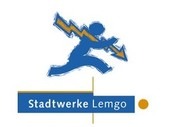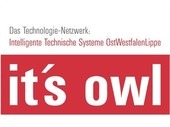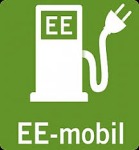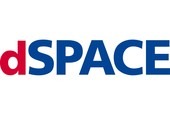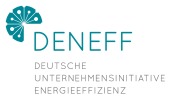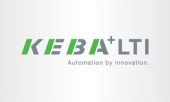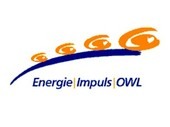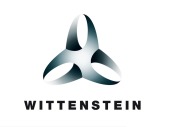Adsorbed Gas Storage Digital Twin
One possibility for energy storage are fuels. With gaseous fuels like hydrogen or methane, significant efforts are necessary for a feasible storage in terms of compression or liquefaction. This is of particular importance in the mobility sector. An alternative to high-pressure or cryogenic gas storage is the storage by adsorption in porous media using nano-carbons, metal–organic frameworks, or metal hydrides as adsorbents. In order to assess the performance of the charging and discharging of adsorption tanks, the mass and energy balance as well as the phase equilibrium (adsorption isotherm) and, if present, the spatial distribution of properties has to be considered. In order to simplify the analysis and prediction of these models, an attempt is made to develop digital twins based on machine learning. Neural networks and Gaussian process regression are applied to replace the system of coupled nonlinear and differential equations. The data basis used is generated by simulations. Thus, it is possible to easily predict the performance of a storage tank for different gases or to determine an optimum storage device (material selection and tank design).














